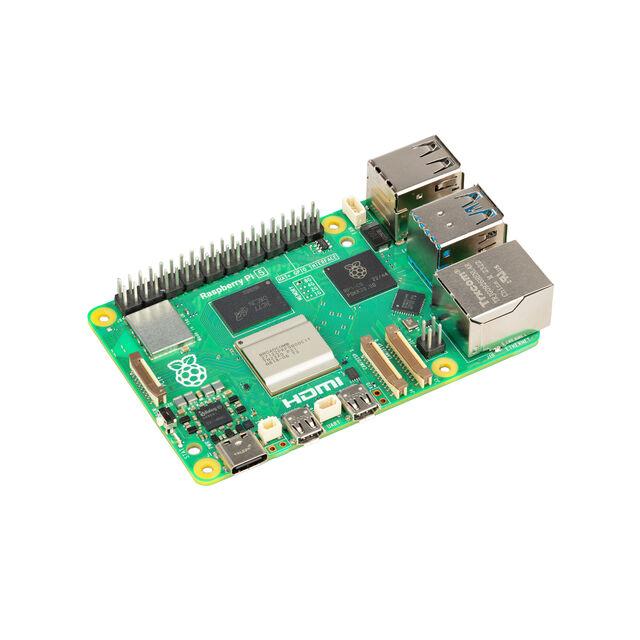sudo apt update
sudo apt install python3 python3-venv python3-pip -y
Create a Virtual Environment
Navigate to your project directory (or create one) and set up a virtual environment:
mkdir my_project && cd my_project
python3 -m venv venv
- source venv/bin/activate
Install Dependencies in the Virtual Environment
You can now install packages using pip:
pip install numpy pandas
To create and use a virtual environment on your Raspberry Pi 5, follow these steps:
1. Install Python and venv (if not already installed)
sudo apt update
sudo apt install python3 python3-venv python3-pip -y
2. Create a Virtual Environment
Navigate to your project directory (or create one) and set up a virtual environment:
mkdir my_project && cd my_project
python3 -m venv venv
This will create a folder named venv, which contains the virtual environment.
3. Activate the Virtual Environment
- For Bash (default shell on Raspberry Pi)bashCopyEdit
source venv/bin/activate - Your terminal prompt should change, indicating you are now inside the virtual environment.
4. Install Dependencies in the Virtual Environment
You can now install packages using pip:
pip install numpy pandas
Replace numpy pandas with any packages you need.
5. Deactivate the Virtual Environment
When you’re done, exit the virtual environment with:
Reactivate the Virtual Environment Later
Whenever you need to use it again, navigate to your project directory and run:
source venv/bin/activate



